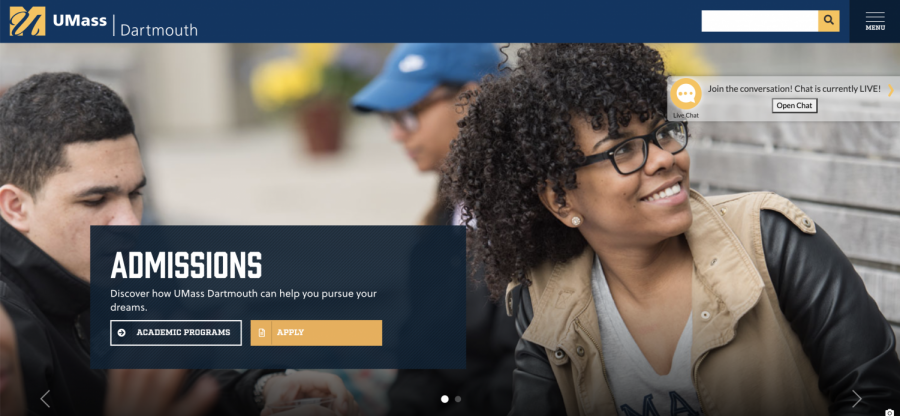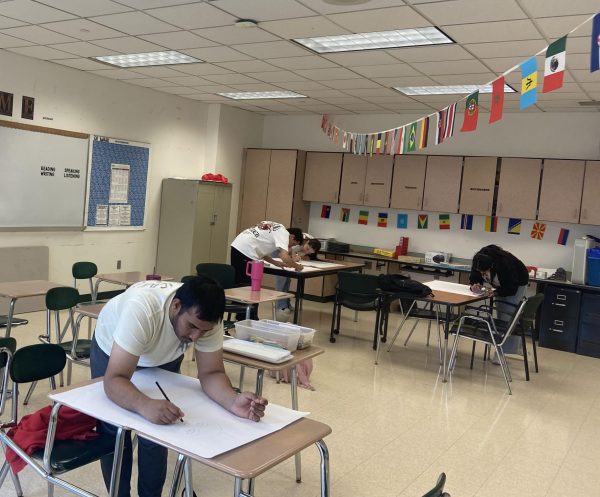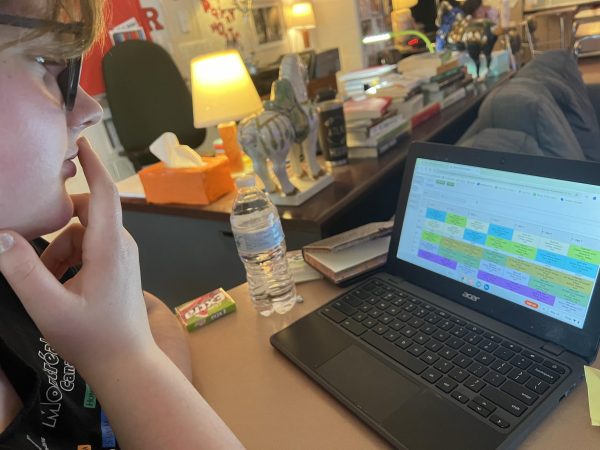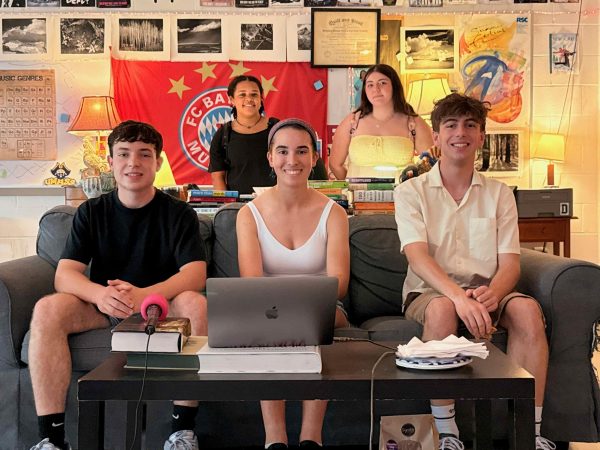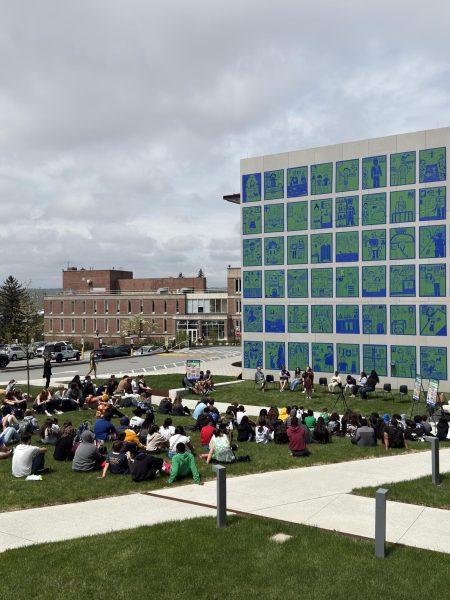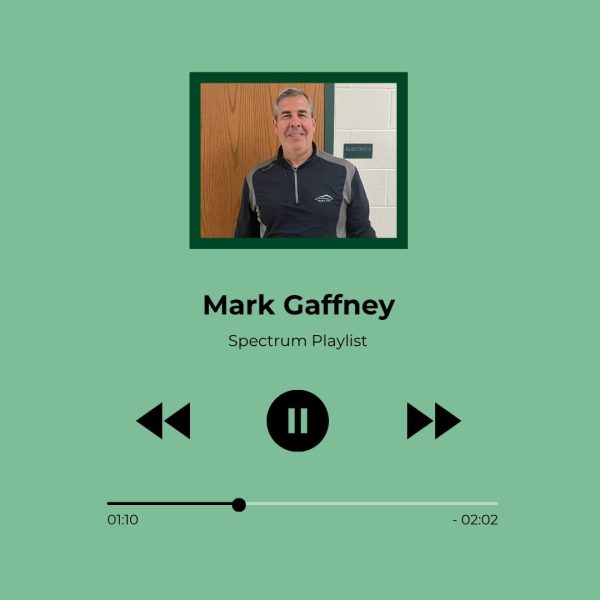COVID changes the admissions process for seniors
SAT’s are optional for most colleges and universities this year due to COVID.
It’s been a school year unlike any other. With cancelled events and hybrid models, everyone has had to make adjustments. Arguably one of the biggest changes this year is the college admissions process, with several official modifications being made to fit the new normal.
One of the biggest adjustments has come to light recently with the College Board’s official announcement that they will no longer be offering the SAT subject tests or the SAT with an essay. Due to the recent popularity of AP classes combined with current circumstances, according to their website, the College Board believes that the subject tests are not needed anymore. Don’t get too excited, as the official SAT will still be available to students, despite colleges like UMass Amherst and Wellesley eliminating the SAT requirement from their applications. This change isn’t just limited to local schools, with other well-known universities taking the same path, such as Cornell, Brown, and even Harvard.
“Writing remains essential to college readiness and the SAT will continue to measure writing and editing skills, but there are other ways for students to demonstrate their mastery of essay writing, and the SAT will continue to measure writing throughout the test,” said the College Board in an official blog post. “The expanded reach of AP and its widespread availability means the Subject Tests are no longer necessary for students to show what they know.”
To clear up any confusion, SAT subject tests focus on specific topics while the SAT covers a range of general knowledge. As more students have signed up for AP courses, the need for SAT subject tests have gone down, as AP classes demonstrate knowledge and understanding of a given subject better than the SAT.
While there’s now an official standpoint on this topic, what are actual students and teachers opinions on the matter? The results have been mixed, though most students are trying to see the bright side of the situation. “In terms of admissions I was grateful that essentially all schools went test optional, it made the process much more stress free. For me I had everything structured and felt like I understood the process,” said senior Jonathan Carnes. With students being thrown into this uncertainty, it seems that many of them are grateful that some of the changes made ended up benefiting them.
With the emphasis on standardized testing being reduced, colleges are putting most of the focus on features such as letters of recommendations, extracurriculars, and personal essays. Depending on who you ask, this could either be a major disadvantage or a life saver. Some students believe in the latter, with senior Lauren Nielson saying, “I think that this was a good change because standardized tests are not always a good indicator of a student’s potential or success.”
From the standpoint of a faculty member, this year’s process was unusual, yet students ended up becoming more motivated to make sure they’d succeed given the circumstances. “I found that I had multiple meetings with students because I think they lost their plans for the spring. With being remote for the fall, I saw an uptick in how many times I was seeing students,” said guidance counselor Melissa Fitzgerald. Despite the pressure and alterations, students were reportedly showing more excitement with their applications.
“From what I’ve experienced, they’ve been totally enthusiastic. I think a lot of students felt relieved with the test optional policies,” said Ms. Fitzgerald. “There’s still uncertainty about college decisions, with many students feeling concerned about whether or not they will have to attend college virtually.”
While some unexpected benefits rose from this, there are still drawbacks that left students feeling unprepared and uninformed when it came to the final decision. Both Carnes and Nielson agree that one of the biggest challenges was not getting the opportunity to tour college campuses. “I personally found it difficult to decide where to apply when I didn’t have the ability to tour every campus that I had intended to. Even when I was allowed to drive around a few campuses, there was no way of knowing if the typical environment would be a good match for me,” said Nielson.
Students are spending the next four years of their lives, some even more, growing and learning on these campuses, and many agree that not being able to see the area themselves was a major disappointment. As Carnes said himself, “I was planning on touring, then COVID happened. and it’s been difficult ever since, but there’s so many other factors that go into it. I still think I’ll be able to make the best decision.”
And after such an uncertain year, making the best decision for themselves is all that many of these students can hope for.

